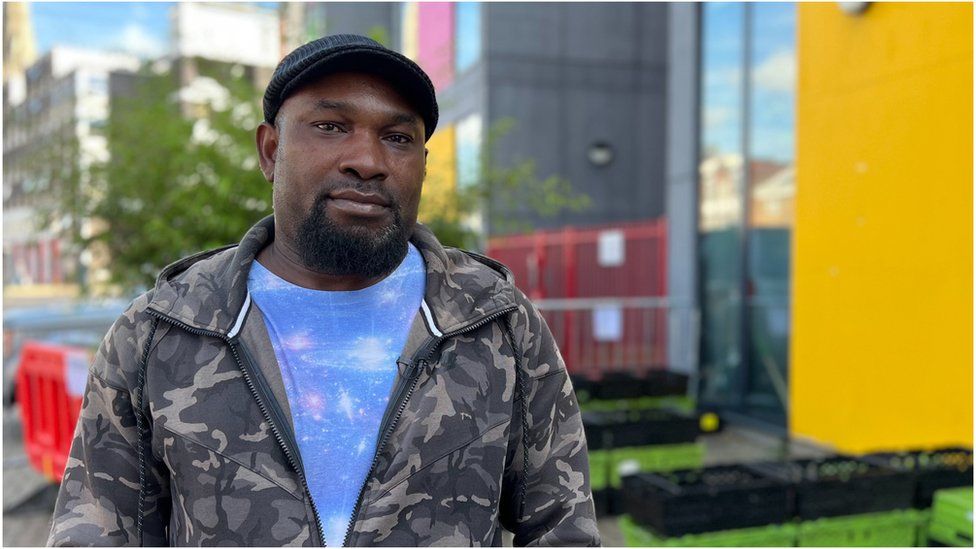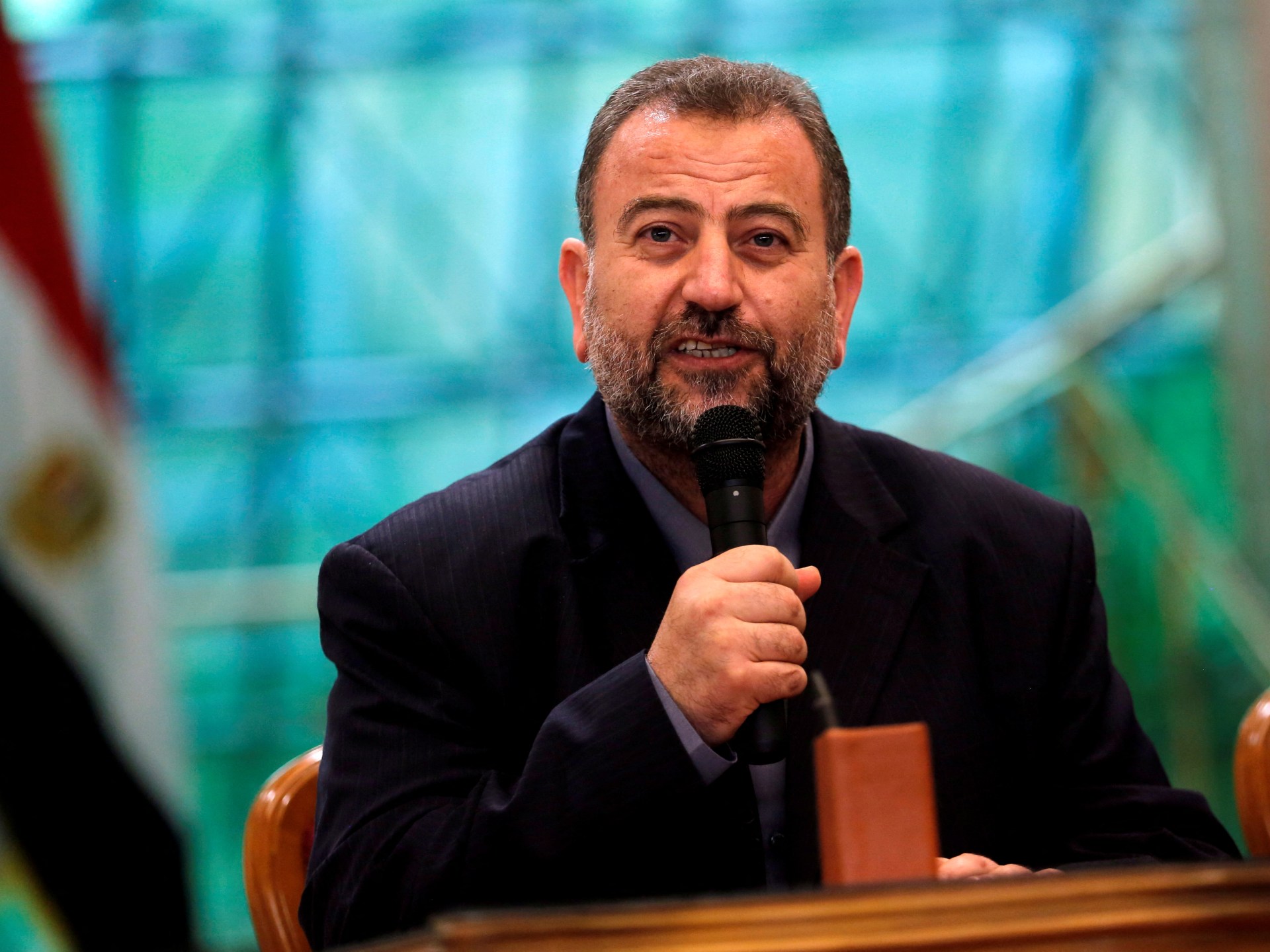
Chidi Uwakwe says energy costs are a strain on the family finances
By Kevin Peachey
Cost of living correspondent
Working people say they are using credit cards to top up energy meters due to the pressure of high bills.
Chidi Uwakwe, who works full-time in a hospital, said he was forced into the move so he could afford to buy food and described the prospect of winter as a "nightmare".
Charity Citizens Advice said it had already provided record levels of crisis support this year.
The government said it was focused on helping those who are struggling.
Mr Uwakwe, whose wife also works, said the cost of food for his family was the biggest pressure and meant changing how he managed his money.
"Every day I have to look at the energy meter," the Londoner added. "I have to use a credit card, but I never used a credit card before to top up my gas and electric.
"That's so I can afford to buy the food we need, and - with the credit card - I know I have [time] to try to pay it off without being charged. That's how hard it is."
The dangers of paying by credit card include potentially high interest payments and spiralling debt if you cannot clear the balance each month, or damaging your ability to borrow in the future by missing a payment.
Mr Uwakwe has received help from Lewisham Donation Hub in South East London where staff said winter would bring lots of demand for food, as well as items such as warm jackets and candles.
Record levels of support
Citizens Advice said many people were "living on empty" as they tried to pay for the essentials.
By the end of August, the charity had offered food bank referrals and other charitable support to 159,360 people - up 16% on the same period last year, which itself was a record.
The charity said those facing existing difficulties, such as debt or unaffordable bills, faced additional pressures this winter such as soaring private sector rents.
"Last year saw us break a number of unwelcome records. But by many measures, 2023 is set to be even worse," said Dame Clare Moriarty, chief executive of Citizens Advice.
"Increasingly the people we help are living on empty and unable to afford their essential bills."
The charity's projections suggest it will help about 240,000 people with crisis support through the whole of 2023 - nearly 40,000 more than last year's record.
Previous years have shown that the peak of financial pressure comes at the turn of the year, when it is cold and dark.
Forecasts from analysts suggest domestic energy bills could go up again in January after a fall in October.
Recent weeks have brought better economic news in the UK, with a surprise fall in inflation in August. The Bank of England also held interest rates steady after 14 consecutive rises, bringing some relief to borrowers.
Various groups have highlighted issues that could get worse over the winter:
Citizens Advice also highlighted the "crunch decision" due to be taken this autumn on next year's increase in benefits, which will kick in from April. The charity said that it was essential benefits went up in line with rising prices, although there is speculation that ministers are considering a slightly lower increase.
The government has a programme of cost-of-living payments, designed to help those most affected by rising bills and prices. The next £300 payment will be made to those on low incomes and in receipt of certain benefits between 31 October and 19 November.
The subsequent instalment will be paid in the spring and further payments will be made to pensioners during the winter.
A spokesman for the Department for Work and Pensions said it was offering financial support to those in need.
"We have raised benefits - including universal credit - by 10.1% this year, increased the National Living Wage and have extended the Household Support Fund to help families with food, energy and other essential costs," he said.

 Movie
Movie 7 months ago
111
7 months ago
111 






![Presidents Day Weekend Car Sales [2021 Edition] Presidents Day Weekend Car Sales [2021 Edition]](https://www.findthebestcarprice.com/wp-content/uploads/Presidents-Day-Weekend-car-sales.jpg)



 English (United States)
English (United States)